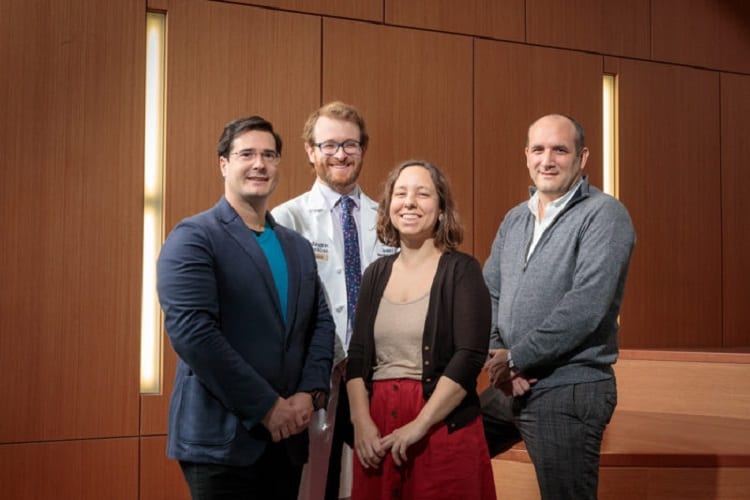Research aims to show how immune system may drive neurodegenerative diseases
From the WashU School of Medicine News…
A team of researchers at Washington University School of Medicine in St. Louis has been funded by the Chan Zuckerberg Initiative (CZI)to study the root causes of neurodegenerative disorders.
The project at the School of Medicine will analyze genes that may help protect some patients from Alzheimer’s disease. The researchers suspect that certain variants in TREM2 and another cluster of genes called MS4A alter the immune system and perform functions that may be harnessed to combat the disease.
“This protein is abundant in microglia, which are thought to be the immune cells of the brain, so the discovery that TREM2 is involved in Alzheimer’s disease has us thinking the immune system may be important in driving the disease,” said the study’s principal investigator, Celeste M. Karch, PhD, an assistant professor of psychiatry. “We’re pushing beyond the proteins found in neurons to learn how other cell types in the brain may contribute to the development of Alzheimer’s disease.”
Other research team members are Carlos Cruchaga, PhD, an associate professor of psychiatry; Oscar Harari, PhD, an assistant professor of psychiatry; and Gregory S. Day, MD, the study’s clinical principal investigator and an assistant professor in neurology. Together, this interdisciplinary team will use what’s known as high-throughput multiomics, stem cell models and material from human subjects to understand how genes that affect the brain’s immune system cause or prevent disease.
